?
Slides configuration
Slide Notes:
Hide
On Slide
On Separate Page
Merge Fragments
Show Slide Numbers
Apply
Reset
How to save slides as pdf?
Open the print dialog.
Change
Destination
to
Save to PDF
.
Change
Layout
to
Landscape
.
Change
Margins
to
None
.
Disable
Print headers and footers
option.
Enable
Print backgrounds
option.
Click the
Save
button.
Choose a filename and destination.
# C/C++ Programming 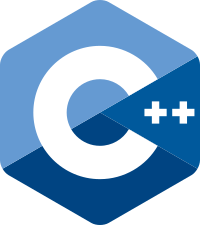 --- ## Hello, world! ☺️ --- ```c++ import std; int main() { std::println("Hello, world!"); } ``` Note: * What stands out? * Return at end of main is optional: defaults to `return 0` --- ## Why C++? ---  --- 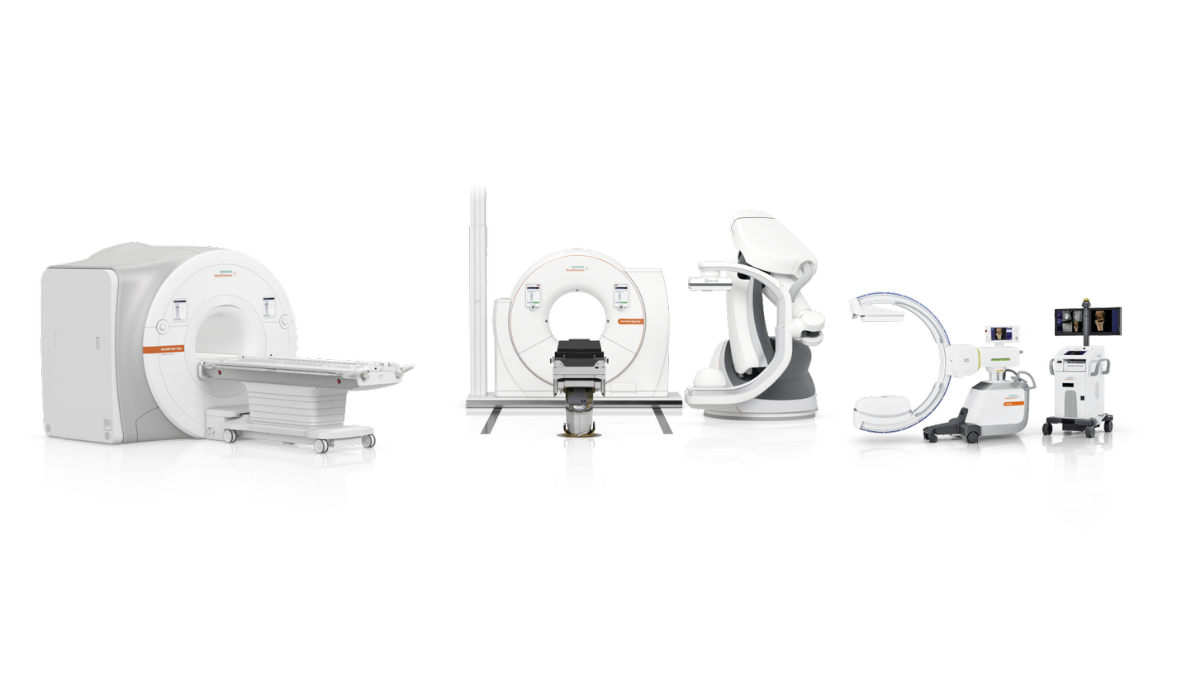 ### Siemens Healthineers ---  --- 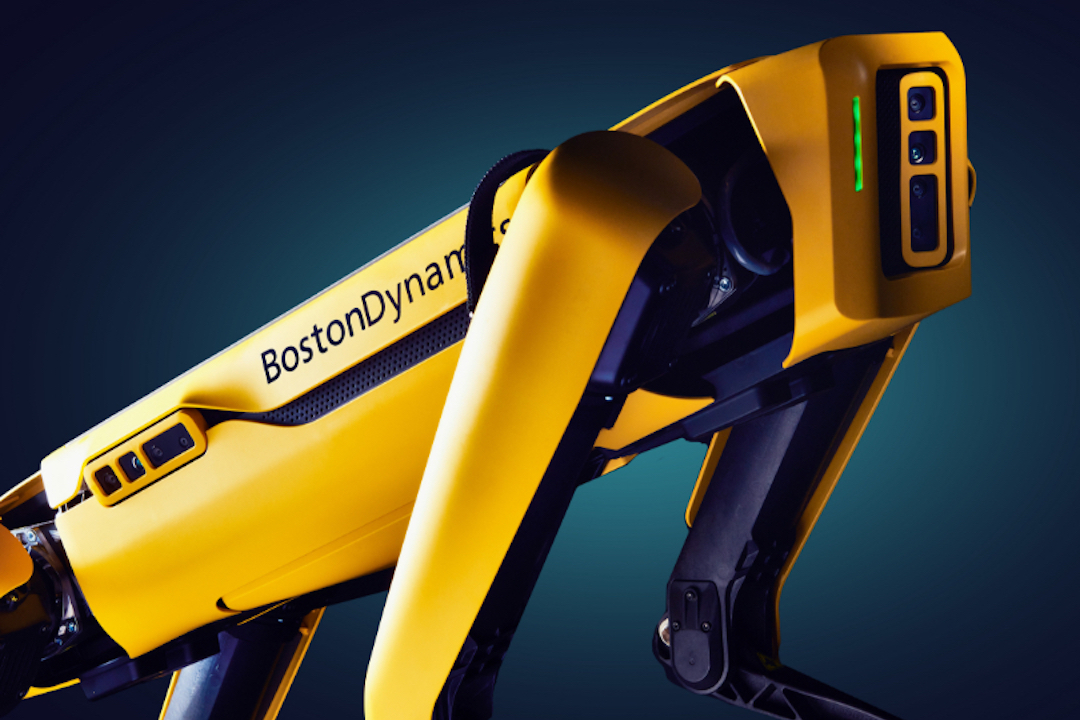 ---  ### High-frequency trading --- 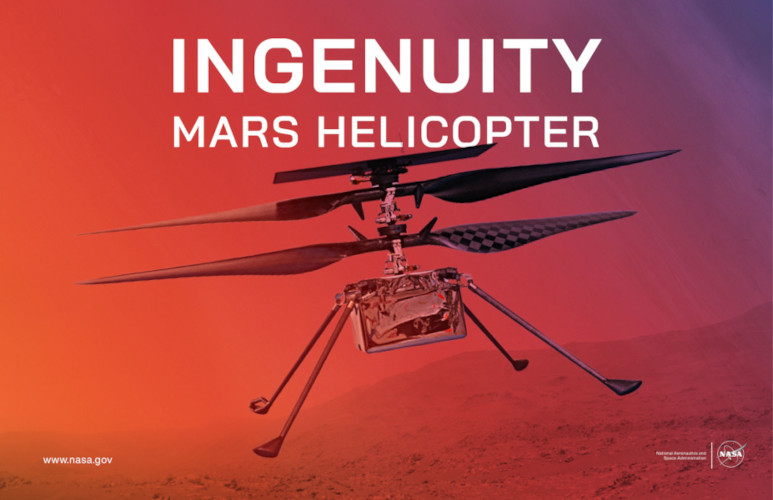 <https://github.com/nasa/fprime> --- ### Why learn C++ in 2025? * Performance and Efficiency * Modern high-level language * Directly access hardware --- ### You are not alone  <https://www.tiobe.com/tiobe-index/> --- ```mermaid pie title Programming languages by popularity "Python" : 23.88 "C++" : 11.37 "Java" : 10.66 "C" : 9.84 "C#": 4.12 "JavaScript": 3.78 "Other" : 36.35 ``` Note: * Tiobe index as pie-chart. --- ## History --- 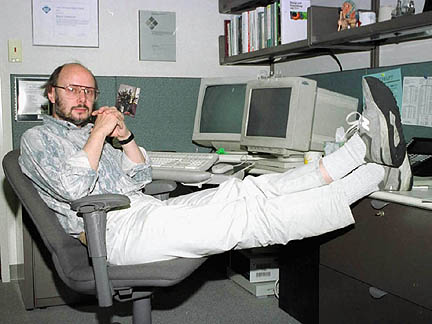 ### Bjarne Stroustrup Note: * Inventor of C++ * Born 30 december 1950 (age 74) --- ### C with Classes #### 1979 * C's ability to use hardware * Simula's OOP concepts --- ### Renamed to C++ #### 1984 --- ### First commercial C++ compiler #### 1985 Cfront: Translate C++ to C --- <!-- .slide: data-background-image="/cpp-programming-slides/slides/session_01/assets/first_iso_meeting.jpg" data-background-opacity=".5" --> ### Standardization #### 1989 - 1998 --- ### ISO C++98 First official ISO standard --- ### ISO C++03 Minor fixes --- ### ISO C++11 * Modern C++ * First major release ---  ### ISO WG21 - Standard C++ Foundation --- ### New release model * Release cycle of 3 years * Backwards compatible! --- * ISO C++14 * ISO C++17 * ISO C++20 * ISO C++23 * ISO C++26 (WiP) --- <!-- .slide: data-visibility="hidden" --> ```mermaid timeline title History of C++ section Pre-standardization 1979: C with Classes 1984: Renamed to C++ 1985: CFront section Standardization 1989: Request for standardization 1998: First standard : ISO C++98 2003: Minor fixes : ISO C++03 section Modern C++ 2011: ISO C++11 2014-...: ISO C++14 : ISO C++17 : ISO C++20 : ISO C++23 : ISO C++26 (WiP) ``` --- ## Compilation Model Note: * How to convert source to binary? --- ```c++ [] // main.cpp import std; int main() { std::println("Hello, world!"); } ``` ---  --- ```c++ [] // helloworld.cpp export module helloworld; import std; export void hello() { std::println("Hello, world!"); } ``` ```c++ [] // main.cpp import helloworld; int main() { hello(); } ``` ---  --- ### Compilation steps 1. Compile each file 2. Combine results into executable --- ### Source code + 9 Compilation phases = Binary (exe, lib, ...) --- | Phase | | |:--|:--| | 1-4 | Preprocessing | | 5-7 | Deal with lexical, grammatical, static semantics rules | | 8 | Template instantiation | | 9 | Linking | Note: * Our goal is to avoid the preprocessor! * Only use it if we have to include non-module libraries. * `#include <some_library.h>` --- ```c++ // hello world before modules and println #include <iostream> int main() { std::cout << "Hello, world!\n"; } ``` --- ## C++ Core Guidelines <https://isocpp.github.io/CppCoreGuidelines/> Note: * Compiler checks if code is valid * Backward compatible * Old style also valid but unsafe --- Help people use modern C++ effectively. --- * Bjarne Stroustrup * Herb Sutter --- * Lots of rules... 🙁 * Use tool to check compliance! 👍 * [clang-tidy](https://clang.llvm.org/extra/clang-tidy/) --- ## Let's learn C++! 🥳